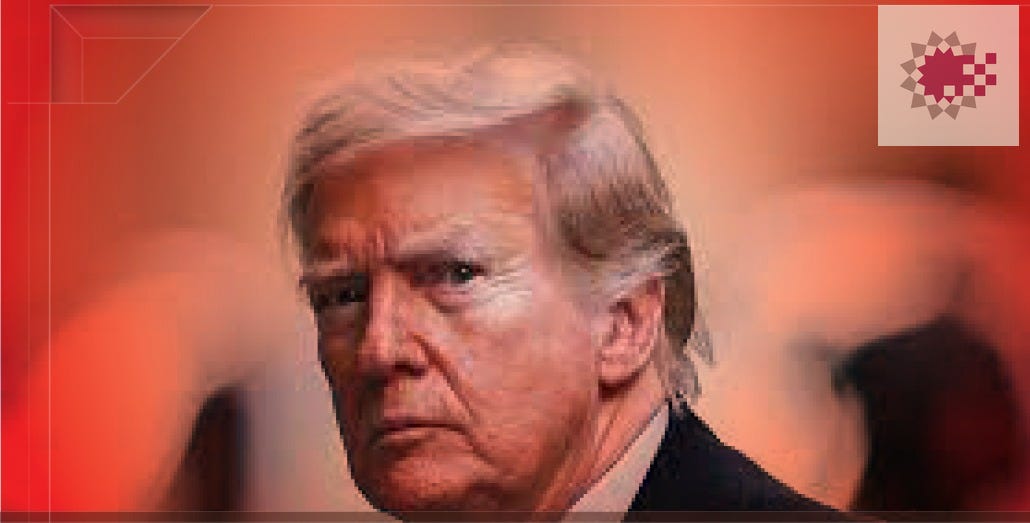Axios: Iran Strike Failures Leaked, Trump to Curb Intel Access to Congress
Four sources told Axios that the leak has triggered sweeping measures to curb intelligence disclosures, particularly through CAPNET, the secure system used to brief lawmakers
United States, PUREWILAYAH.COM - The Trump administration is moving to limit how classified information is shared with Congress after a leaked Defense Intelligence Agency (DIA) report suggested that recent U.S. bombings on Iranian nuclear sites were significantly less effective than publicly claimed.
Four sources told Axios that the leak has triggered sweeping measures to curb intelligence disclosures, particularly through CAPNET, the secure system used to brief lawmakers.
Leaked Assessment Downplays Strike Effectiveness
The leaked “Battle Damage Assessment” indicated that Iran’s nuclear program was only set back by a few months, contradicting President Trump’s assertion that it had been “obliterated.” According to the report, Iran’s enriched uranium stockpiles remained largely untouched and its centrifuges were still “intact.”
Two sources familiar with the DIA assessment confirmed that the report concluded the bombings had delayed Iran’s nuclear progress by no more than a few months.
The early-stage analysis relied primarily on satellite imagery and carried a self-admitted “low confidence” rating.
White House Launches Offensive on Leaks
A senior White House official declared a “war on leakers” following the disclosure. An FBI investigation is already underway. Administration officials say the leak undermines national security and accuse political opponents of weaponizing intelligence.
“There’s no reason to do this again,” one official stated, referencing plans to reduce intelligence sharing with Congress, particularly with members viewed as potential leak risks.
The decision to scale back access comes amid ongoing tensions between the Trump administration and Democratic lawmakers, who had already expressed frustration over being excluded from pre-strike briefings.
The new restrictions are expected to further inflame concerns about executive overreach and lack of transparency.
Administration Figures Soften Their Claims
President Trump, speaking at a NATO summit, attempted to downplay the leak while still maintaining that the strikes caused “very significant” damage.
“The intelligence says we don’t know. It could’ve been very severe,” he stated, before reverting to previous claims: “There was obliteration.”
Trump even drew a controversial comparison between the Iran strikes and the atomic bombings of Hiroshima and Nagasaki.
Defense Secretary Pete Hegseth also walked back his earlier claim that Iran’s nuclear capabilities were “obliterated,” now describing the impact as “moderate to severe.” He pledged support for the FBI’s leak investigation and dismissed portions of the report as “false.”
Rubio Defends Admin, Blames 'Deep State'
Secretary of State Marco Rubio echoed the administration’s skepticism of the leak, stating: “All this stuff about the intelligence: This is what a leaker is telling you the intelligence says. That’s the game these people play.”
Rubio and others pointed to the immediate timing of the leak following the report’s upload to CAPNET as further proof of internal sabotage, strengthening their call for tighter information control.
The leak and the administration’s response mark a significant flashpoint in the ongoing internal struggle over intelligence access, national security policy, and political messaging—one that could have lasting implications for how future administrations handle congressional oversight and wartime disclosures. (PW)
Source: Al-Mayadeen


